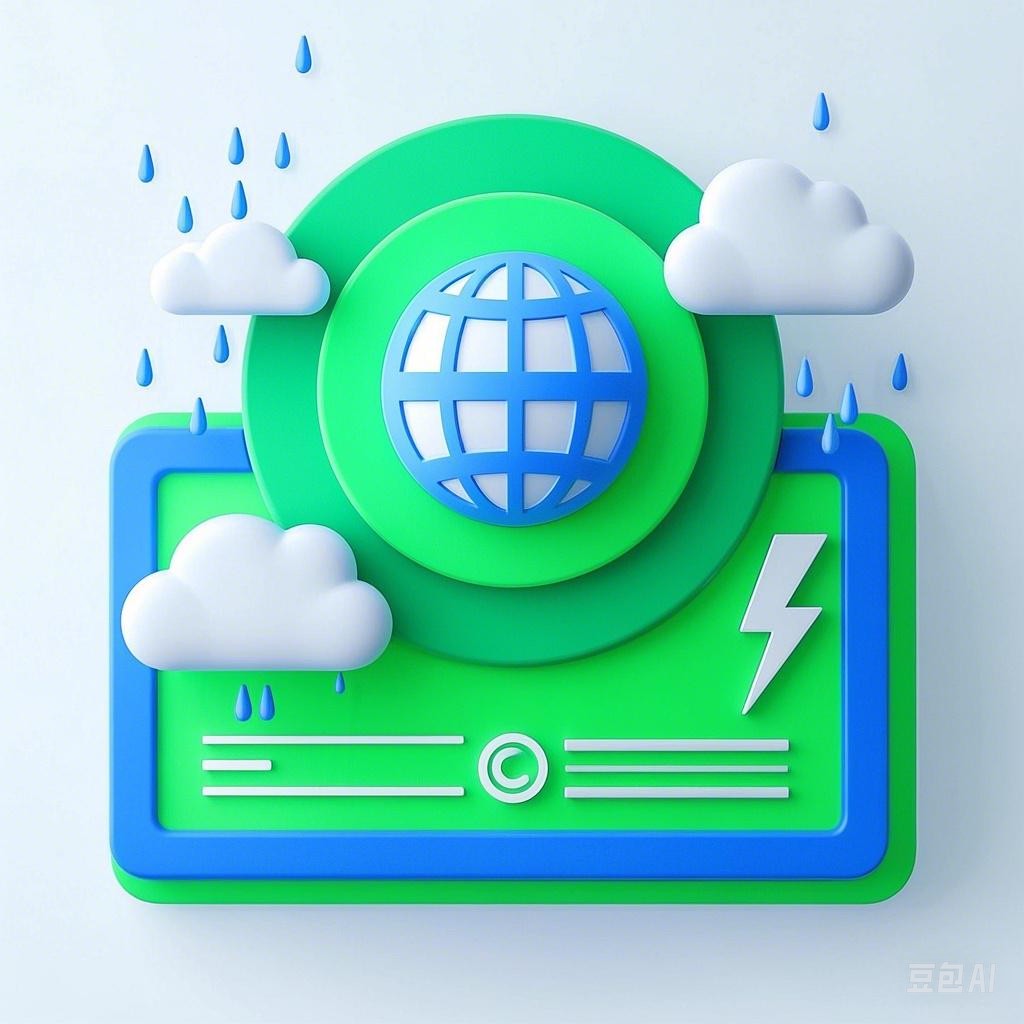Introduction
Marine disasters, ranging from tsunamis and hurricanes to oil spills and coral bleaching, pose significant threats to human life and the environment. Understanding the causes, consequences, and preparedness measures for these events is crucial for communities living near coastal areas and for those involved in marine activities. This article delves into the various types of marine disasters, their impacts, and the strategies for mitigating their effects.
Types of Marine Disasters
1. Tsunamis
Definition: Tsunamis are large waves caused by underwater disturbances, such as earthquakes, volcanic eruptions, or landslides.
Causes:
- Earthquakes: The most common cause of tsunamis.
- Volcanic eruptions: Underwater volcanic eruptions can displace large volumes of water.
- Landslides: Submarine landslides can also generate tsunamis.
Impacts:
- Loss of life: Tsunamis can travel at high speeds and have devastating impacts on coastal areas.
- Property damage: Homes, infrastructure, and agricultural land are often destroyed.
- Economic loss: The cost of recovery and reconstruction can be immense.
Preparedness:
- Early warning systems: Monitoring underwater disturbances and issuing timely warnings.
- Evacuation plans: Developing and practicing evacuation routes and procedures.
- Public awareness: Educating communities about tsunamis and their potential impacts.
2. Hurricanes
Definition: Hurricanes are tropical cyclones that form over warm ocean waters and bring strong winds, heavy rainfall, and storm surges.
Causes:
- Warm ocean temperatures: The energy source for hurricanes.
- Low wind shear: Conditions that allow the storm to develop and strengthen.
Impacts:
- Wind damage: Strong winds can cause widespread destruction of homes and infrastructure.
- Rainfall: Heavy rainfall can lead to flooding and mudslides.
- Storm surges: Sea levels can rise significantly, leading to coastal flooding.
Preparedness:
- Building codes: Implementing stronger building codes to withstand high winds.
- Flood insurance: Encouraging residents to purchase flood insurance.
- Public education: Raising awareness about hurricane preparedness and safety measures.
3. Oil Spills
Definition: Oil spills occur when oil is released into the marine environment, often due to human activities such as ship accidents or pipeline leaks.
Causes:
- Ship accidents: Collisions, groundings, and other accidents can lead to oil spills.
- Pipeline leaks: Damage to pipelines can result in significant oil spills.
- Drilling operations: Oil exploration and production activities can also cause spills.
Impacts:
- Marine life: Oil can harm marine organisms, leading to decreased biodiversity and ecosystem disruption.
- Coastal communities: Fishing industries and tourism can be severely impacted.
- Economic loss: Cleanup costs and lost revenue can be substantial.
Preparedness:
- Spill containment and cleanup technologies: Developing and deploying effective methods for containing and cleaning up oil spills.
- Regulatory oversight: Implementing strict regulations to prevent spills and ensure proper response.
- Public outreach: Educating the public about the impacts of oil spills and the importance of prevention.
4. Coral Bleaching
Definition: Coral bleaching occurs when corals expel the algae living in their tissues, causing them to turn white and become more susceptible to stress and death.
Causes:
- Increased ocean temperatures: Higher sea surface temperatures can lead to coral bleaching.
- Ocean acidification: Increased levels of carbon dioxide in the atmosphere can cause the ocean to become more acidic, which is harmful to corals.
Impacts:
- Biodiversity loss: Corals provide habitats for a wide range of marine species.
- Tourism: Coral reefs are popular tourist destinations and contribute to local economies.
- Ecosystem services: Corals protect coastlines from erosion and provide food and livelihoods for coastal communities.
Preparedness:
- Climate change mitigation: Reducing greenhouse gas emissions to lower ocean temperatures and acidification.
- Coral reef protection: Implementing measures to protect and restore coral reefs.
- Public education: Raising awareness about the importance of coral reefs and the threats they face.
Conclusion
Marine disasters can have catastrophic consequences for human life and the environment. By understanding the causes, impacts, and preparedness measures for these events, we can work towards mitigating their effects and building more resilient coastal communities. Public awareness, early warning systems, and robust preparedness plans are essential components of an effective strategy to combat marine disasters.
